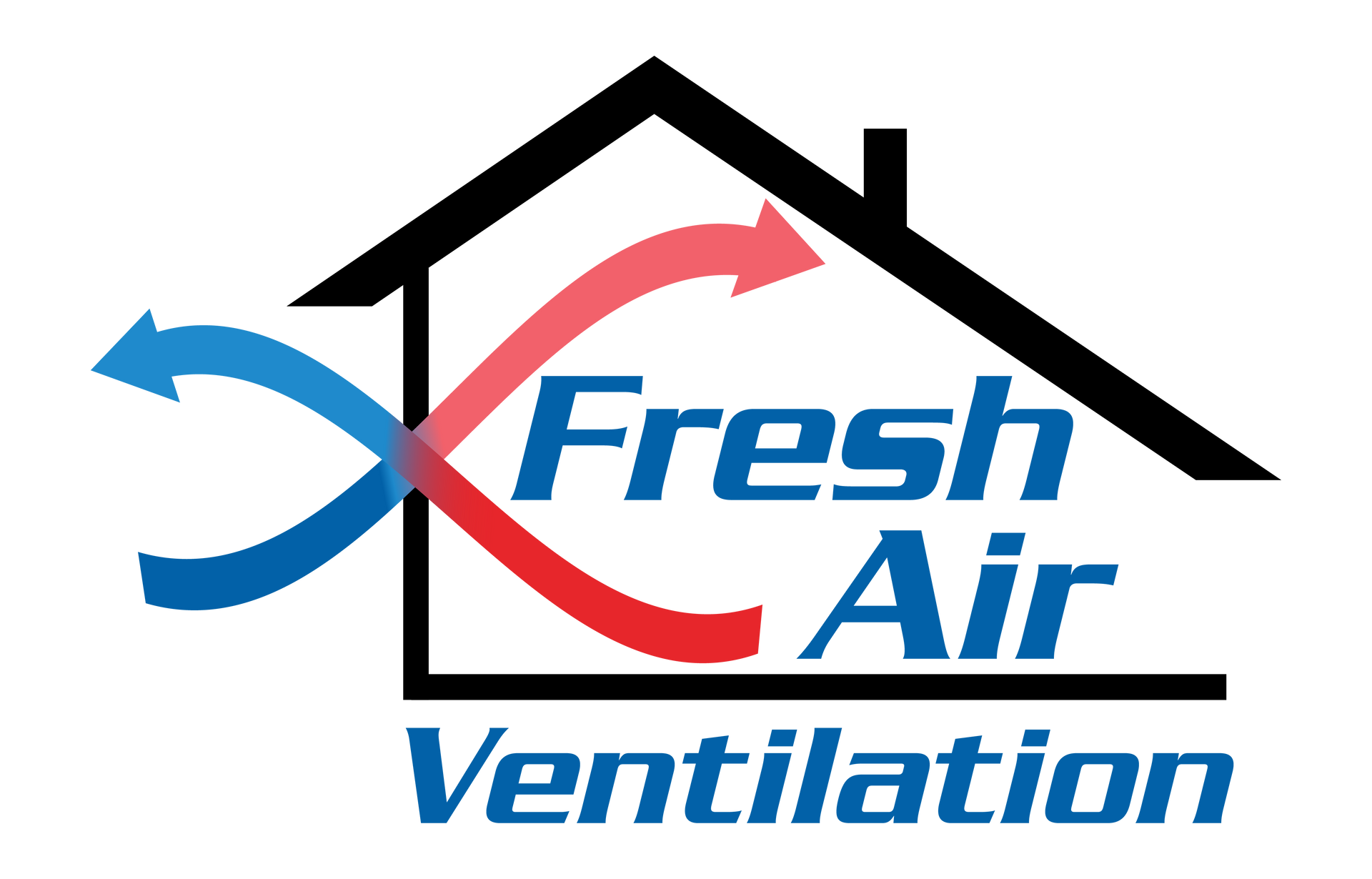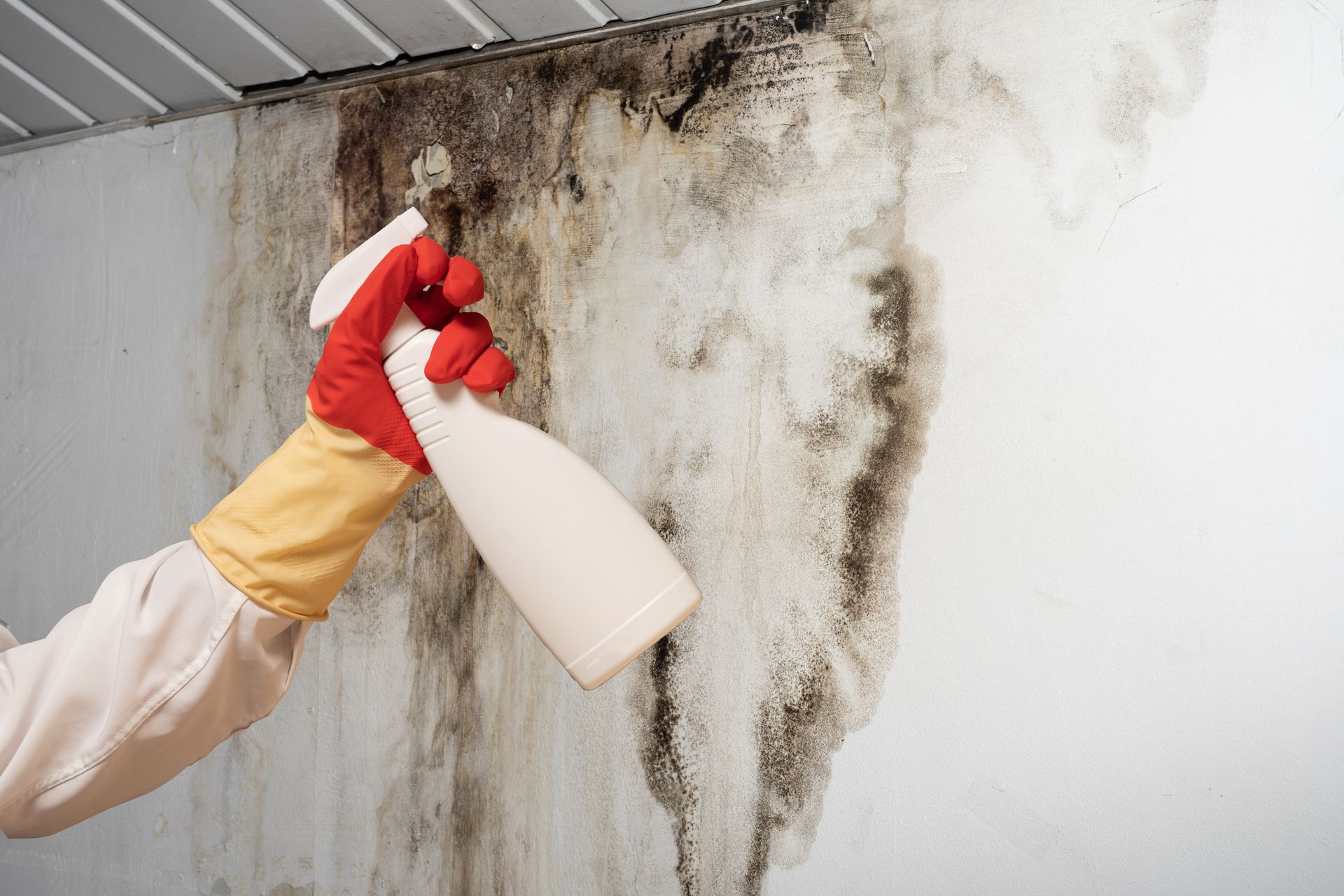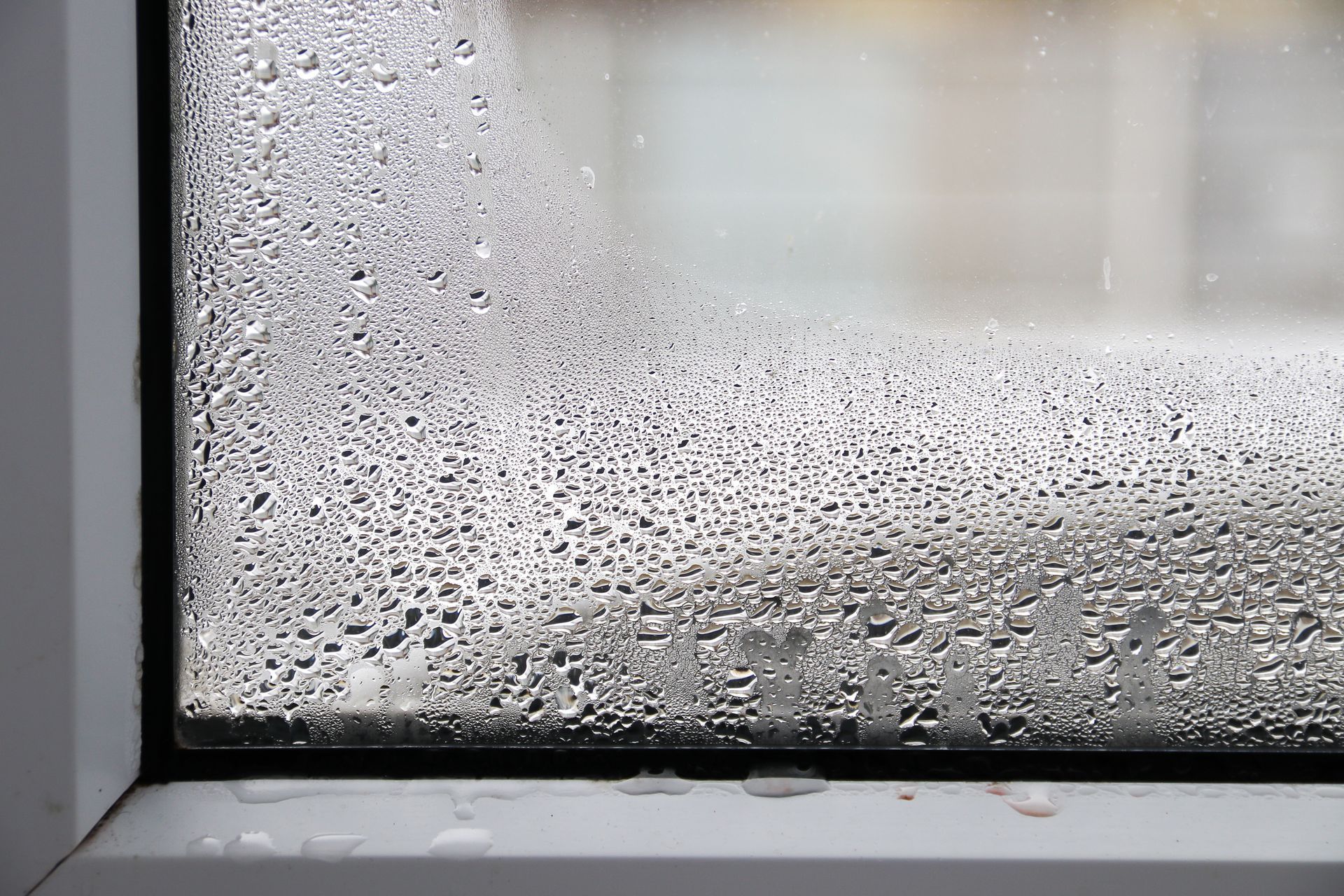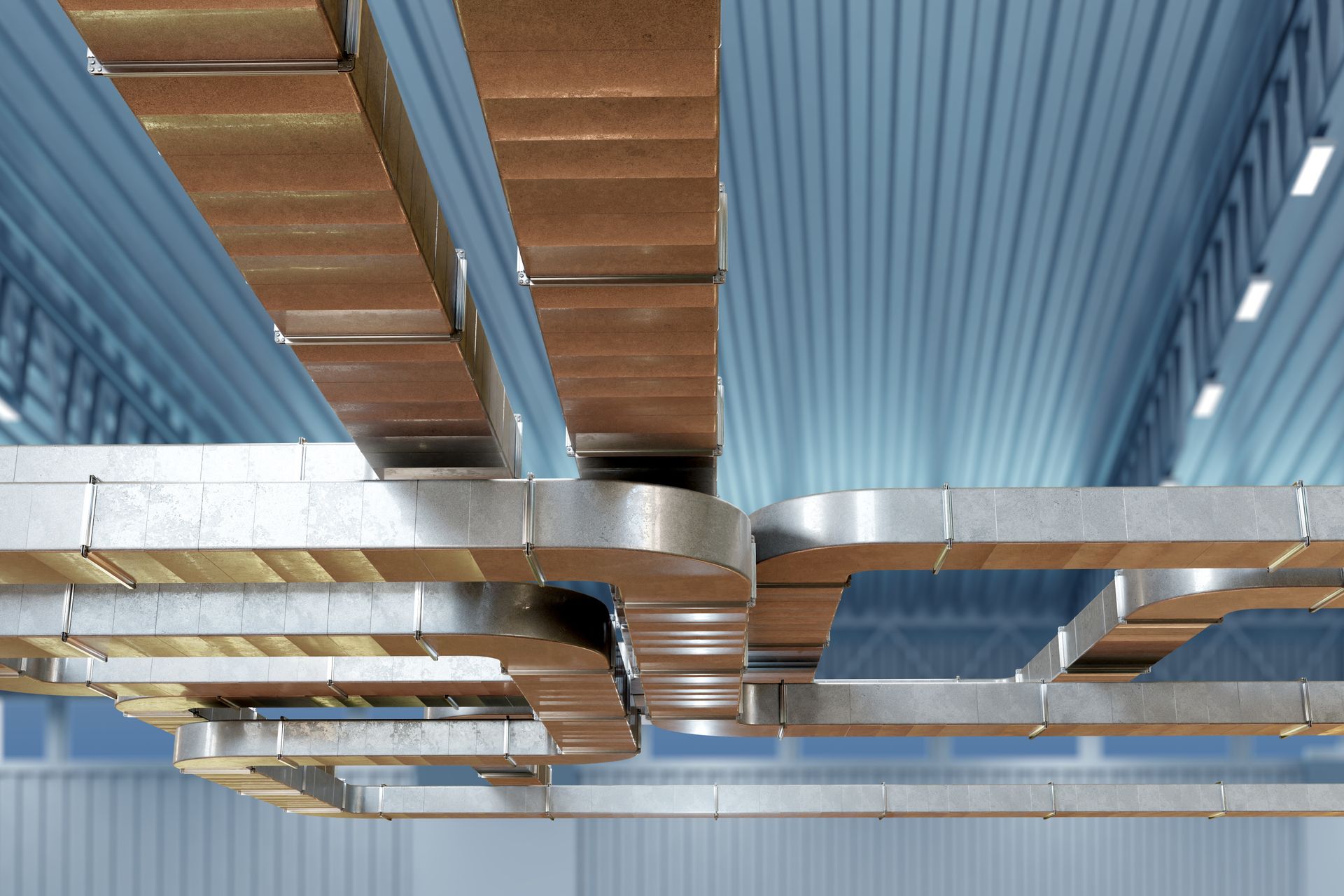Importance of Proper Home Ventilation in Preventing Indoor Air Pollution
Indoor air quality is often overlooked when it comes to maintaining a healthy living environment. Many homeowners focus on exterior elements such as landscaping and insulation, but neglect the very air they breathe inside their homes. Proper home ventilation is paramount in preventing indoor air pollution and ensuring a healthier life for you and your family.
Understanding Indoor Air Pollution
Indoor air pollution consists of contaminants such as dust, pollen, mold spores, household chemicals, and other potentially harmful particles. These can accumulate within your home, leading to various health issues including allergies, respiratory problems, and even long-term chronic conditions. While some pollutants enter from outside, many are generated inside the home from activities like cooking, cleaning, and even from building materials and furnishings.
Common Sources of Indoor Air Pollution
Identifying and understanding common sources of indoor air pollution can help you tackle the problem more effectively. Here are some frequent contributors:
1. Household Cleaners: Many cleaning products contain volatile organic compounds (VOCs) that can evaporate into the air.
2. Building Materials: Paints, varnishes, and certain types of flooring can off-gas harmful chemicals.
3. Mold and Mildew: Moist environments, especially basements and bathrooms, can foster mold growth.
4. Cooking and Heating Appliances: Gas stoves and furnaces can emit carbon monoxide and other harmful substances.
Given these sources, it becomes clear that focus must be given to proper ventilation to mitigate these pollutants.
How Ventilation Helps
Proper ventilation functions by exchanging stale indoor air with fresh outdoor air, effectively diluting and removing pollutants. Here’s how a well-designed ventilation system can make a difference:
1. Eliminates Contaminants: By bringing in fresh air and expelling stale air, ventilation systems reduce the concentration of pollutants within the home.
2. Improves Airflow: Enhanced airflow helps to dilute contaminants and prevents their buildup, creating a healthier indoor environment.
3. Energy Efficiency: Modern ventilation systems, such as Energy Recovery Ventilators (ERV), offer the added benefit of being energy efficient. These systems not only ventilate but also help maintain indoor temperature, thus reducing energy consumption. Using new sensors and controllers, they can adjust ventilation based on real time pollution data.
4. Can Reduce Humidity in cooler months: Proper ventilation helps control humidity levels, preventing mold and mildew growth, which are common indoor air pollutants.
The Role of Advanced Ventilation Systems
Technological advancements have led to the development of sophisticated ventilation solutions designed to significantly improve indoor air quality. Both HRV and ERV systems are at the forefront of this innovation.
Energy Recovery Ventilators (ERV): Similar to HRVs, ERVs also transfer some humidity along with heat. This extra feature helps to manage moisture levels indoors, adding another layer of comfort and air quality improvement.
Heat Recovery Ventilators (HRV): These systems have two separate air streams—one that collects and exhausts stale indoor air and another that draws in fresh outdoor air. During this process, the system transfers heat from the outgoing air to the incoming air, making it energy efficient.
The Health Benefits of Proper Ventilation
Investing in a good ventilation system brings several health benefits. Here are some:
1. Allergy Relief: Proper ventilation helps in reducing allergens, preventing respiratory and skin-related allergies.
2. Better Respiratory Health: By removing harmful particles, ventilation systems help reduce risks of respiratory conditions like asthma and bronchitis.
3. Improved Sleep Quality: A well-ventilated home offers a healthier environment, contributing to better sleep quality and overall well-being.
4. Reduced Risk of Chronic Conditions: Long-term exposure to indoor air pollutants can lead to chronic health issues. Proper ventilation helps mitigate these risks, promoting long-term health.
Fresh Air Ventilation Systems: Your Partner in Health
At Fresh Air Ventilation Systems, we understand the importance of maintaining excellent indoor air quality. Our advanced ventilation solutions are designed to meet the specific needs of homes in Gray, ME, and the surrounding areas. From HRVs to ERVs, we have the expertise and technology to ensure your home remains a sanctuary of fresh, clean air.
Reach Out To Us Today
Don’t compromise on the air you breathe. Contact Fresh Air Ventilation Systems today to learn how our expert ventilation solutions can help you achieve a healthier home environment. Schedule a consultation and take the first step towards improved indoor air quality for you and your family. Breathe easy; we've got you covered!










